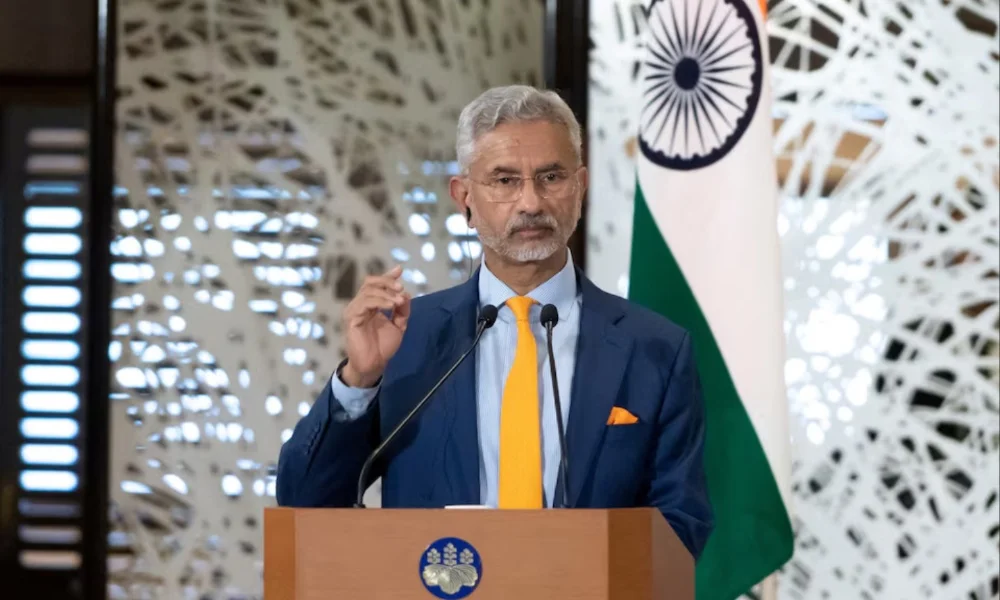India and China have reached a pact to resolve border conflict on patrolling their disputed frontier, thus ending a four-year military stand-off, said the Indian foreign minister on Monday. Consequently, this paves the way for improved political and business ties between the Asian giants.
The news came on the eve of Indian Prime Minister Narendra Modi’s visit to Russia for an Oct. 22-24 summit of the BRICS regional grouping, during which he could hold talks with Chinese President Xi Jinping, Indian officials said.
Also See: India, China agree to resolve border dispute peacefully
Agreement Reached but Tensions Remain
Clashes between troops from the world’s two most populous nations—both nuclear powers—strained relations. The largely un-demarcated frontier in the western Himalayas resulted in the deaths of 20 Indian and four Chinese soldiers in 2020, Reuters reported.
The two sides had since stopped patrolling several points along the border in the Ladakh region to avoid new confrontations. Meanwhile, they moved tens of thousands of new troops and military equipment closer to the freezing highlands.
Indian Foreign Minister Subrahmanyam Jaishankar stated at a NDTV media conclave, “We reached an agreement on patrolling. This agreement brings us back to the situation in 2020. We can say that we have completed the disengagement process with China.” He emphasized that this pact to resolve border conflict allows both nations to move forward in their relationship.
He stated, “We reached the understanding only today,” and added, “We always said that if you disturb the peace and tranquility, how can the rest of the relationship move forward?”
To avoid clashes, the two militaries will patrol contested points along the border according to an agreed schedule, a senior Indian military officer aware of the details told Reuters.
Both sides will monitor the area in Ladakh to ensure that there are no violations, the officer added.
Authorities in Beijing offered no immediate response to India’s remarks.
Officials in New Delhi said the pact clears the path for a likely bilateral meeting between Modi and Xi on the sidelines of the BRICS summit, which will be their first since 2020.
This news is sourced from Ariana News and is intended for informational purposes only.






